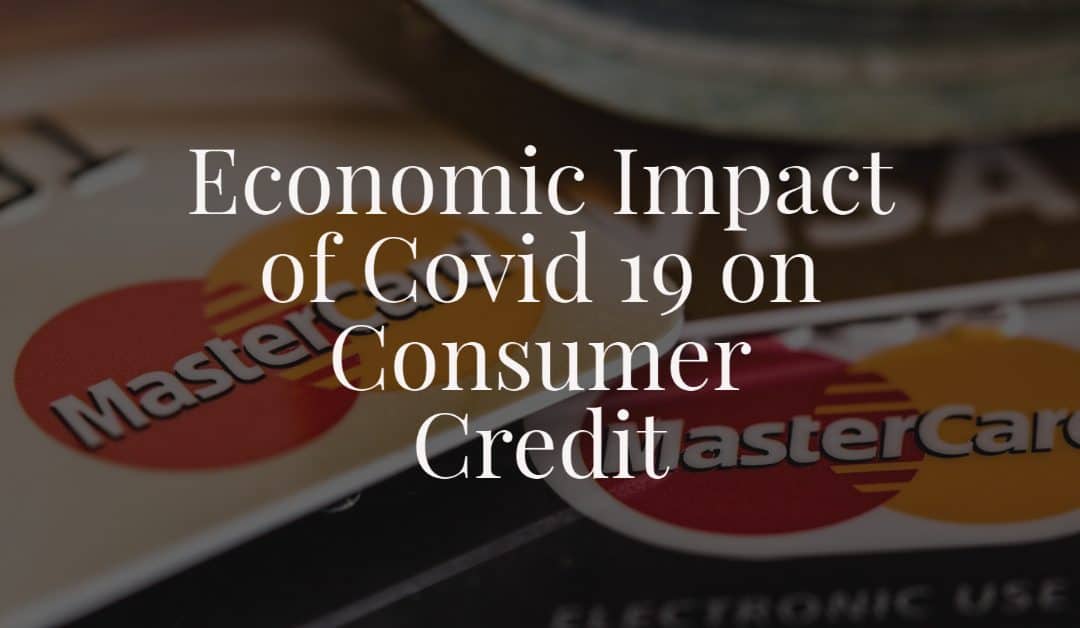Most of us have a favorite meme about 2020. You know the ones. They poke fun at our plight this year. From fear of covid and murder hornets to the mask debate to living in our underwear and vowing never to leave our house (and the gasp! election) the certain fact is that we will never forget this year.
You would think that most of us would forget to pay our bills or at least rack up our credit cards trying to survive.
With unemployment rates rising to a record high of 14.7% in April with 23.1 million people jobless, you would assume that we would be living off of credit and unable to pay it back. (1)
We may be headed for a financial crisis, but for now, according to the Experian, “In what has been an unprecedented year, marked by a global pandemic and a number of economic and personal challenges for both businesses and consumers, Americans are maintaining healthy credit profiles during the COVID-19 pandemic.”
Credit Cards
According to new data taken by the Consumer Finance Protection Bureau from a nationally representative sample of approximately five million de-identified credit records maintained by one of the three nationwide consumer reporting agencies, “the number of delinquent accounts fell between March and June of 2020.
Credit card balances also fell substantially at the start of the COVID-19 pandemic, then continued a steady decline through to June 2020. The decrease in credit card balances were consistent across groups when broken down by credit score and various demographic factors.”
So there were less overdue accounts in each of the months of March, April, and June than there were in February of 2020.
How did we manage to keep from overspending on our credit cards? According to CFPB, creditors extended assistance to debtors with student loans and mortgage accounts. Consumers with auto loans and credit card accounts also received a smaller amount of assistance from lenders.
Overall Credit Use
Most of us somehow managed to pay our bills during the early months of the covid pandemic, but the amount of consumer credit continued to increase in the next months. Trading Economics reported that consumer credit had increased by 3.3% in June and 3.6% in July. In September it increased again by 4.7%.
Whether your personal financial debt has been rising or not, it is safe to say that none of us can predict what will happen next.
According to Experian’s “State of Credit” report, our credit habits did not change drastically this year and the data shows that overall we are choosing to be responsible consumers.
Average credit score has gone up from 682 in 2019 to 688 in 2020.
Average credit card balance and number of cards per household has dropped and consumer debt that is not mortgage related has also dropped.
Bills that are over 90 days overdue have dropped almost in half compared with 2019.
What Now?
And here we sit at the end of 2020 sliding off the edge of a question mark and wondering how we will all continue to be affected financially as the pandemic continues. Just because some consumer statistics say that most of us are doing ok financially with our credit cards doesn’t mean that we aren’t struggling in other areas.
A September 2020 Pew Research Center Survey finds that, “overall, one-in-four adults have had trouble paying their bills since the coronavirus outbreak started, a third have dipped into savings or retirement accounts to make ends meet, and about one-in-six have borrowed money from friends or family or gotten food from a food bank.”
The same study also found that “25% of U.S. adults say they or someone in their household was laid off or lost their job because of the coronavirus outbreak, with 15% saying this happened to them personally.
Young adults (ages 18 to 29) and lower-income adults are among the most likely to say this has occurred in their household. Of those who say they personally lost a job, half say they are still unemployed, a third have returned to their old job and 15% are in a different job than before.” (2)
As businesses struggle to stay open and each of us walks the fine line between employment and the bread line, it is important to remember that none of us are alone.
It is crucial to reach out and find the resources you need if you start to struggle financially. And if you find yourself having enough these days, now is the time to share with your poorer neighbors.
Consumer Financial Tips
Keeping good financial habits is key to staying afloat when times are uncertain. No matter what kind of financial crisis you may have, ignoring it won’t make it go away.
Be proactive and look for solutions. Check out these ideas below to get started.
Medical Debt Help
Check out some of our informative answers about finding your way out of this tricky kind of debt that can sneak up on anyone. Medical Debt Relief
Mortgage Help
There are many programs to help if you are behind on a mortgage. Take advantage of them now before they expire if you are struggling financially. Learn about options from the federal government and private lenders at CFPB Mortgage Relief or check out our blog “How to Stop Foreclosure and Save Your Home from the Bank”
Student Loan Help
If you have student loans, you also have options for help. Check out the federal site for help at StudentAid.gov or check out “How to Get Out of Student Loan Debt”
Credit Card Debt
If you have mountains of credit card debt at a high interest rate, you probably feel trapped. Check out “How to Get Out of Credit Card Debt” for ways to whittle down that debt.
Check Your Credit Reports Frequently
Checking your credit report often is a way to stay on top of any fraudulent activity. The U.S. credit reporting agencies are offering free weekly credit reports to all Americans through April 2021 via AnnualCreditReport.com. Don’t let someone else take out loans or spend money in your name.
Check your reports so that no one can steal your identity. If you already have a situation with identity theft, check out “If Your Identity is Stolen”
Expert Advice
If a lender is refusing to work with you or you have been treated unfairly and don’t know where to turn, you can contact one of our consumer defense lawyers to help you use the most recent legal strategies to prevent banks and other lenders from taking advantage of your circumstances.
We offer free consultations and take cases on a contingency—you owe us nothing unless we provide you with a permanent legal solution.

